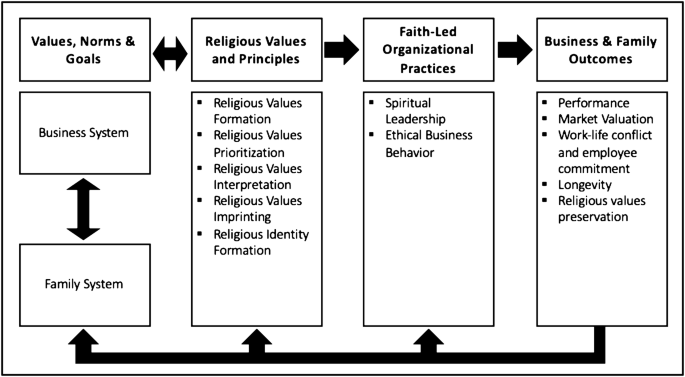Title: Exploring the Ancient Roots of Judaism – A Guide to Religion and Spirituality
Introduction:
Judaism is one of the oldest monotheistic religions, with a rich history spanning over 3,500 years. As the foundation of two other major religions, Christianity and Islam, Judaism has had a profound impact on the world. Exploring the ancient roots of Judaism can provide insights into the religious, spiritual, and cultural traditions of this fascinating faith.
In this guide, we will delve into the history and beliefs of Judaism, including its ancient roots, core principles, and practices. We’ll also explore the role of spirituality and community within Judaism.
The History and Origins of Judaism:
Judaism traces its origins to the biblical patriarchs, Abraham, Isaac, and Jacob, who lived in the ancient land of Canaan (modern-day Israel) over 3,500 years ago. Judaism is founded on the belief in a single, all-powerful deity who created the universe and continues to guide humanity.
The Torah, the central text of Judaism, contains the history and teachings of the Hebrew people and their relationship with God. The Ten Commandments, given to Moses on Mount Sinai, form the basis of Jewish morality and ethics.
The Core Values and Principles of Judaism:
The core values of Judaism include justice, righteousness, compassion, and loving-kindness. These values reflect the belief that all people are created in the image of God and should be treated with dignity and respect.
Judaism also emphasizes the importance of education, scholarship, and community. The study of Torah and other sacred texts is considered a lifelong pursuit, and learning is seen as a path towards spiritual growth and enlightenment.
Practices and Rituals of Judaism:
Judaism is characterized by a rich tradition of rituals and practices that connect individuals to God and to their community. The most significant of these rituals is the observance of Shabbat (the Sabbath), a day of rest and reflection that begins at sundown on Friday and ends at sundown on Saturday.
Other important practices in Judaism include prayer, fasting, and the observance of dietary laws (kashrut). Jewish holidays and festivals, such as Passover, Rosh Hashanah (Jewish New Year), and Yom Kippur (Day of Atonement), are also an important part of Jewish life, providing opportunities for spiritual reflection and communal celebration.
The Role of Spirituality and Community in Judaism:
Spirituality is a central aspect of Judaism, and Jewish spirituality focuses on the development of a personal relationship with God. Prayer and meditation are key practices for nurturing this relationship, as they provide a way to connect with the divine.
Community also plays a vital role in Judaism, and Jewish people are encouraged to come together to pray, study, and celebrate. Synagogues are the centers of Jewish community life, offering a place to gather for worship, learning, and socializing.
Conclusion:
Exploring the ancient roots of Judaism offers a glimpse into a rich and complex religious tradition with a profound impact on the world. From its origins in ancient Israel to its role in shaping modern culture, Judaism continues to inspire and inform individuals seeking spiritual growth and enlightenment. By practicing the core values of justice, righteousness, compassion, and loving-kindness, Jewish people strive to make the world a better place, one act of kindness at a time.











